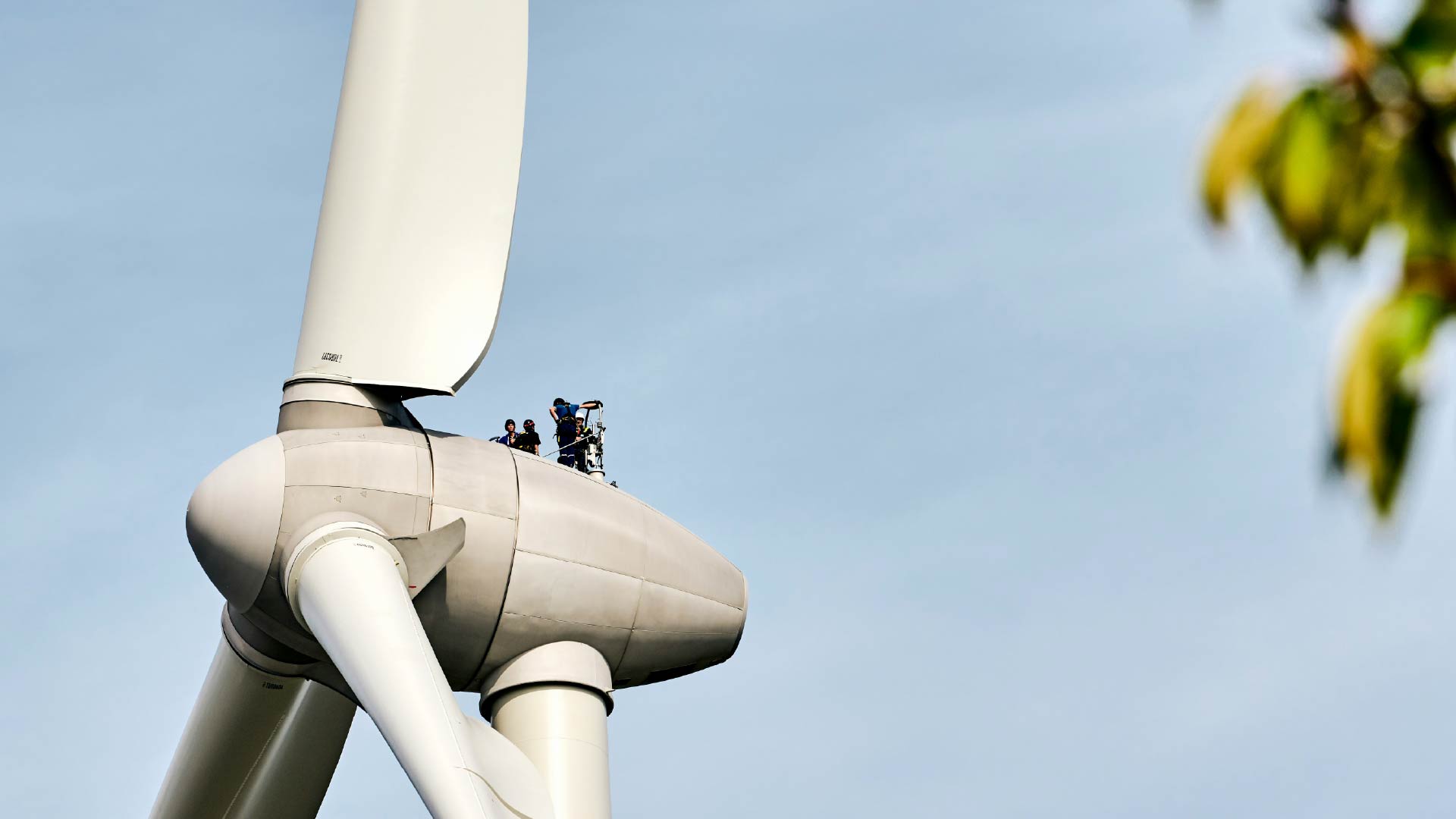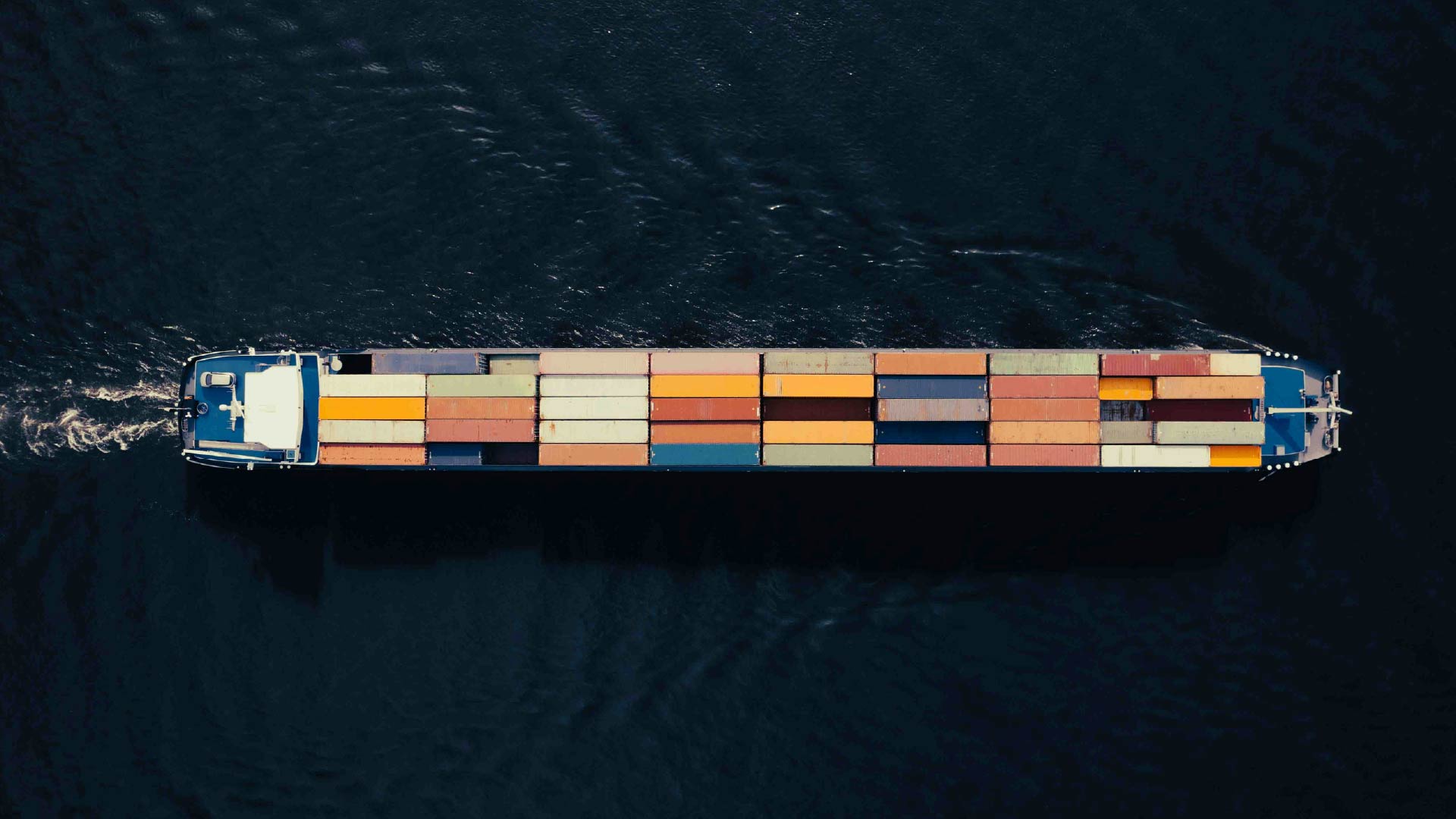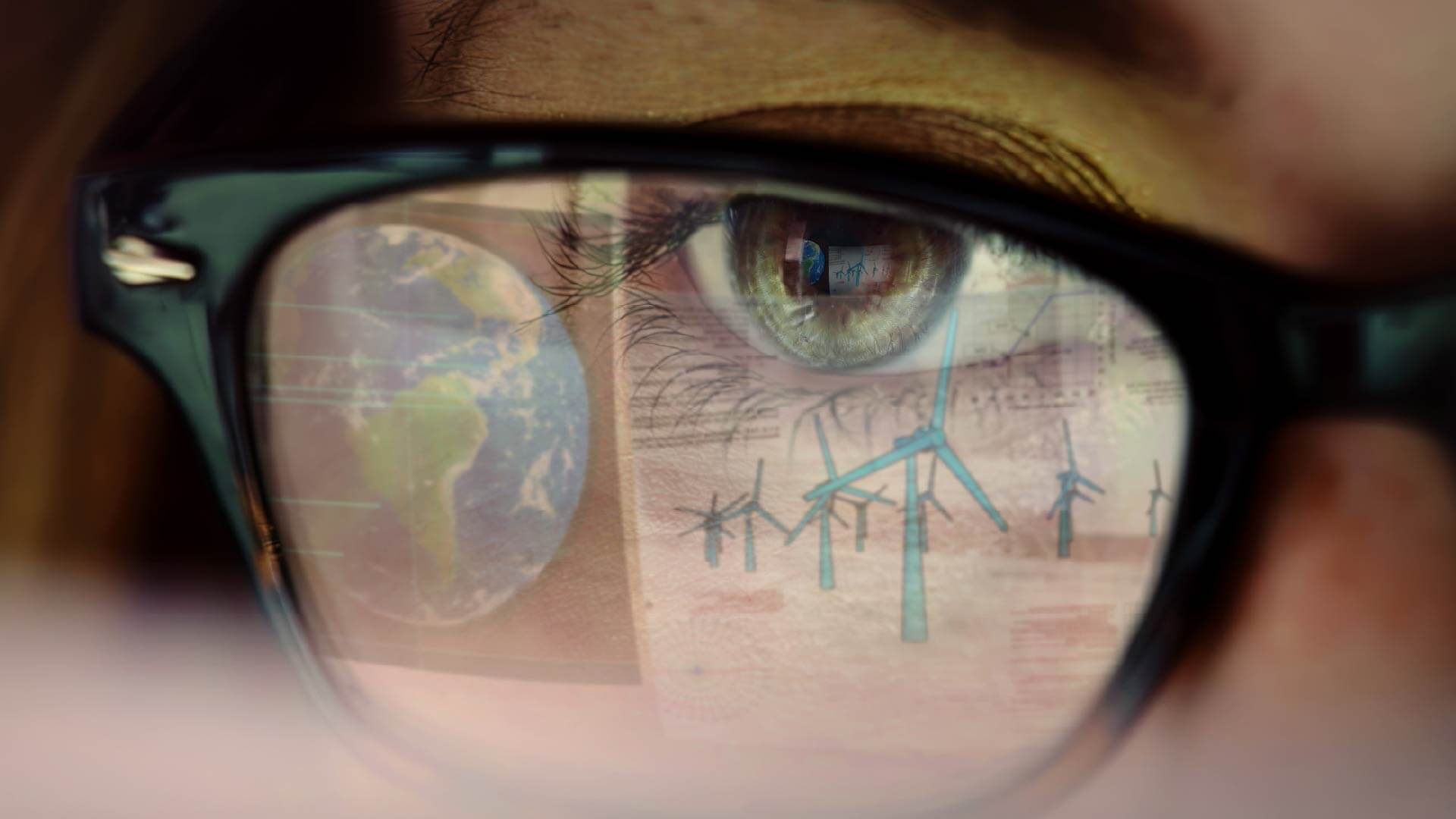Nobel Ideas, Global Impact: Approaching Resilience Through Tech-Led Innovation
On October 13, the Royal Swedish Academy of Sciences recognized the work of Joel Mokyr, Philippe Aghion and Peter Howitt “for having explained innovation-driven economic growth” by awarding them the 2025 Nobel Prize in Economic Sciences. The laureates’ research highlights how technology-led innovation, particularly when supported by institutions and policy, can lead to sustained economic development. For firms today, this translates into a strategic imperative. Embedding sustainability into innovation pipelines not only mitigates risk but also unlocks new value. Businesses are increasingly using sustainability as a tool for innovation: rethinking production techniques to improve efficiencies; leveraging sustainable product credentials to ensure market access or to access new markets; and maximizing the value-potential of products through resale platforms and circular initiatives.
According to the 2025 Verdantix EGS and sustainability global corporate survey, the majority of firms are looking to assess their sustainability strategy, with 75% of decision-makers reporting that transforming their business to be more resilient was either a ‘very important’ or their ‘most important’ priority. This correlates with what Verdantix is hearing more widely in discussion with businesses, vendors and through the Vantage Sustainability Council – organizations and nations alike are focusing on achieving and maintaining economic prosperity. With many turning to sustainability strategies and technology-led innovation to reach this goal, the work of Joel Mokyr, Philippe Aghion and Peter Howitt can serve as a beacon of inspiration.
The need for innovation and adaptability in the face of evolving geopolitical dynamics is accelerating the demand for digital solutions to provide real-time, actionable and granular insight into the value chain of products and product portfolios. In a regulatory landscape characterized by evolving sector-specific regulations, and a geopolitical landscape dominated by tariffs and market-access uncertainty, firms are adopting supply chain sustainability and product traceability solutions to strengthen resilience and protect business continuity. These tools support decision-makers in tracing raw materials and supplier locations, helping firms optimize their purchasing decisions by sidestepping tariffs and regulatory bottlenecks. As governments and consumers demand greater transparency and accountability in sourcing and production, the ability to react to developing challenges is imperative to success.
The Nobel Prize winners’ emphasis on the role of knowledge diffusion also resonates with the rise of collaborative platforms and innovative partnerships set on promoting the circular economy. Organizations are now sharing data and best practices across ecosystems to optimize time-to-market, reduce waste and align sustainability-related methodologies. This isn’t just good for the planet – it’s good for business.
As sustainable credentials become a competitive differentiator, organizations that invest in sustainability-aligned innovation are better positioned to capture market share and build long-term resilience. In essence, the 2025 Nobel Prize serves as a powerful reminder that innovation and sustainability are not opposing forces. For forward-thinking firms, the path to growth lies in embracing both.
About The Author

Callum Millard
Analyst





